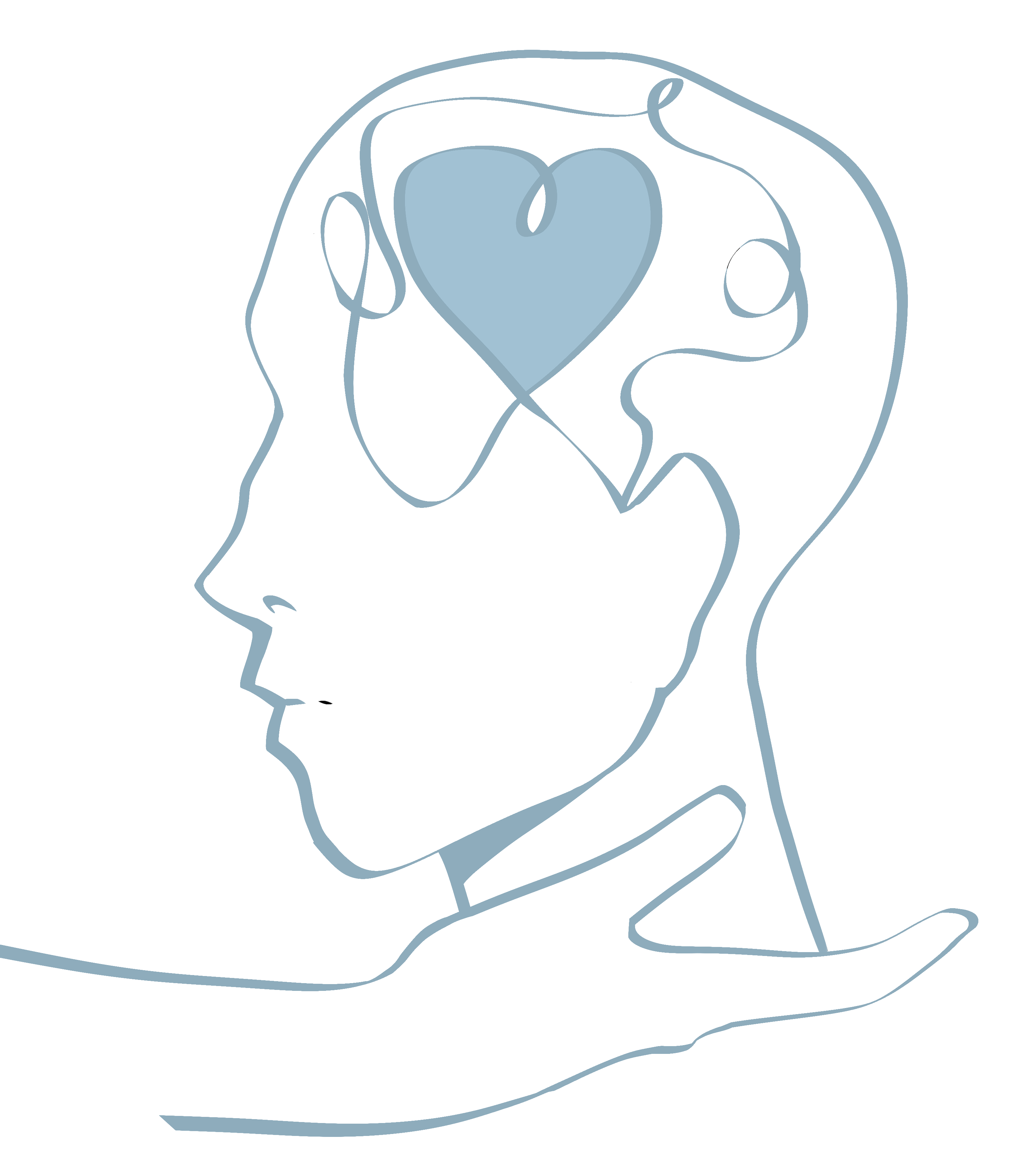Communication is Important
When core needs are not met in a relationship, conflict increases. Conflict is actually great time for couples to grow and sharpen communication skills. However, human nature often pops up during these times and pride rears its ugly head. Pride takes our ugliness and...
Relationships and Core Needs
The key to a successful relationship lies in our willingness to meet each others core needs. If we are unable to meet each others needs, the relationship cannot thrive. Unmet needs lead to our relationships becoming problem focused and the love that brought us...
Lets Talk About Boundaries
Boundaries are Important Boundaries in relationships are important. But what are boundaries, and why are they important? According to Drs.Henry Cloud and John Townsend, who wrote the New York Times bestselling book Boundaries, they are the personal property lines that...
Freedom in Transparency
There is FREEDOM in Transparency Why do we hide so easily? FEAR. The fear of rejection, judgment, the consequences of honest and of losing a relationship. Healthy decisions are never made in fear. Andy Stanley says that “We fear the consequences of confession because...
Communication is Important
When core needs are not met in a relationship, conflict increases. Conflict is actually great time for couples to grow and sharpen communication skills. However, human nature often pops up during these times and pride rears its ugly head. Pride takes our ugliness and...
Relationships and Core Needs
The key to a successful relationship lies in our willingness to meet each others core needs. If we are unable to meet each others needs, the relationship cannot thrive. Unmet needs lead to our relationships becoming problem focused and the love that brought us...
Lets Talk About Boundaries
Boundaries are Important Boundaries in relationships are important. But what are boundaries, and why are they important? According to Drs.Henry Cloud and John Townsend, who wrote the New York Times bestselling book Boundaries, they are the personal property lines that...
Freedom in Transparency
There is FREEDOM in Transparency Why do we hide so easily? FEAR. The fear of rejection, judgment, the consequences of honest and of losing a relationship. Healthy decisions are never made in fear. Andy Stanley says that “We fear the consequences of confession because...
